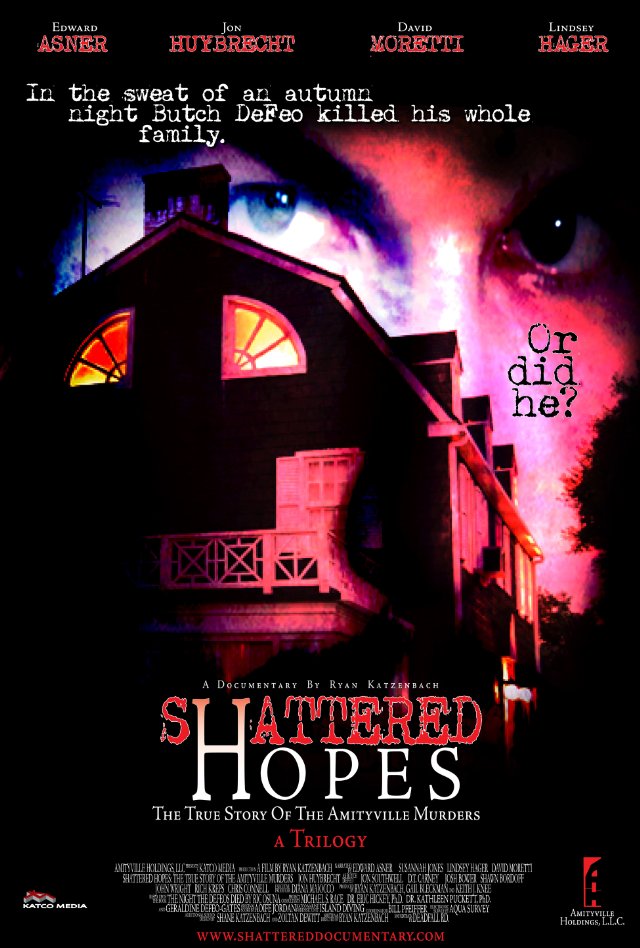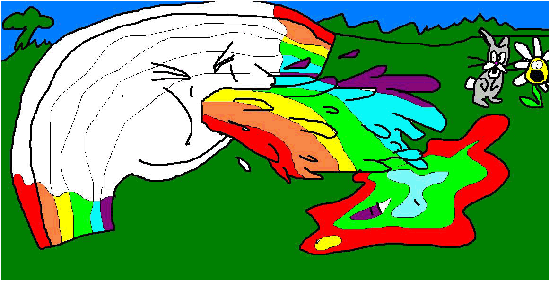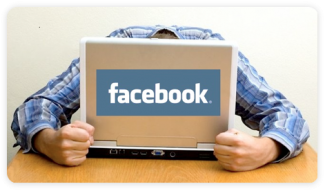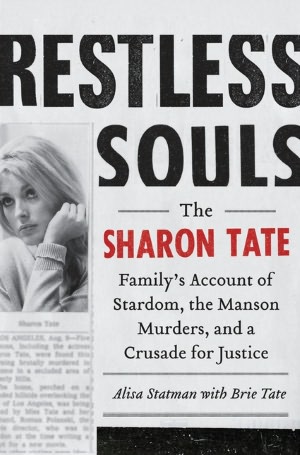I’ve been watching Ryan Katzenbach’s documentary “Shattered Hopes: The True Story of the Amityville Murders.” Forget the haunted house bullshit. The scariest thing about this case is how mental illness can destroy a family.
Mood music:
I’m not talking about divorced parents and kids going off into the world without a moral rudder. This story ends with six members of a family dead and the seventh in prison for life. Well, OK — the story goes on with a hoax about the next family fleeing the house after 28 days because of “hostile demonic forces.” But the real story ends with the death of the DeFeo family.
One of the most striking things to me is the notion that Louise DeFeo — wife of Ronald DeFeo Sr. and mother of his five children — had developed “learned helplessness.”
Fearful of what might happen if she left her abusive husband — He smacked her and the kids around constantly and once punched her in the face as she carried a basket of laundry up from the basement, sending her and the laundry tumbling back down the stairs — Louise settled into a pattern of learned helplessness. The Wikipedia definition of learned helplessness is full of sadness:
Learned helplessness, as a technical term in animal psychology and related human psychology, means a condition of a human person or an animal in which it has learned to behave helplessly, even when the opportunity is restored for it to help itself by avoiding an unpleasant or harmful circumstance to which it has been subjected. Learned helplessness theory is the view that clinical depression and related mental illnesses may result from a perceived absence of control over the outcome of a situation.
In other words, Louise learned to take the beatings from her husband and accept it as the only life for her. Her oldest son, Ronald Jr. — who was beaten up as often and badly as Louise — eventually shot everyone to death on Nov. 13, 1974, though there’s some evidence that his oldest sister Dawn killed the three younger siblings before he shot her in a rage, concluding the massacre.
It’s easy to consider how things could have been different if not for Lousie’s learned helplessness. Maybe she and the kids would have left Big Ronnie and snapped the cycle of violence, and everyone would still be alive. Maybe not, but who knows?
The point of writing this post is to raise awareness of learned helplessness. No one should ever assume they have no choices; that they can’t change their lives because they’ve been beaten down so much that it’s been proven to them that sorrow is the only option.
Maybe your learned helplessness comes from the kind of abuse the DeFeos lived with.
Maybe it comes from falling off the wagon so much you’ve learned to accept that your addictions will always rule you; that you can never quit.
Maybe it comes from being depressed for so long despite all the medication you’ve tried that you think there’s no escape short of suicide.
If you hate your life and you’re convinced it can never change because the bad outcomes have been proven for so long, this is a wake-up call.
Some people lose to their demons. Many more learn to control their demons and have lives worth living.
There’s always a choice.
If there were no choices, I’d still be lying on the couch every day incapacitated from OCD-fueled depression and shamed into paralysis from another day of binge eating. I could have taken my imperfect upbringing and held it up as proof that I have no choice but to carry on a tradition of abuse and self destruction. I could have looked at childhood illness as proof that I could only have a limited life.
It seems ridiculous to compare what I’ve been through to what happened in Amityville. OK, it IS ridiculous. But my experiences are what I have to go on, and I think there were periods where I practiced learned helplessness in my own way. But I got over it. Watching this documentary really drives home how lucky I am. Sometimes the grass is greener on your side of the street.
I still have a long way to go in being the man I want to be. But I’m still here, fighting for what’s better.
Because one day I realized I wasn’t helpless after all.










 I’ve written a lot here about my interest in the Manson case. This past November, I
I’ve written a lot here about my interest in the Manson case. This past November, I 